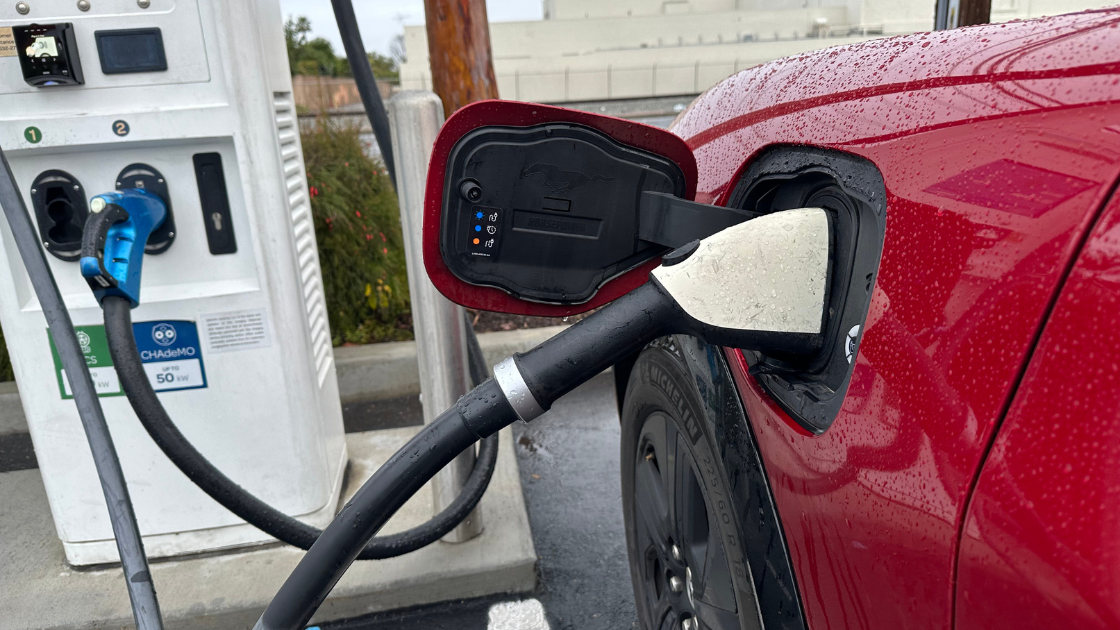Benchmarking EV charger usage helps UK hospitality venues meet rising guest demand, optimise revenue, and maximise ROI from EV charging infrastructure.

This article provides an in-depth analysis of the UK government's £650 million scheme aimed at reducing the upfront costs of electric vehicles and accelerating their adoption.

The UK government has unveiled an ambitious £650 million Electric Car Grant scheme aimed at making electric vehicles (EVs) more affordable and accessible. Starting 16 July 2025, eligible electric cars priced at or below £37,000 will qualify for discounts of up to £3,750. This marks the largest consumer incentive investment to date, reflecting the government’s commitment to phase out new petrol and diesel car sales by 2030.
With electric vehicle registrations surging by 45.5% in June 2025 compared to the previous year, the timing couldn’t be better. The scheme is designed not only to reduce the upfront cost gap between petrol and electric cars but also to promote sustainability throughout the manufacturing process. It sits alongside a wider £4.5 billion investment in EV infrastructure, including the expansion of public charging points, which now number over 82,000 across the UK.
From 16 July 2025, car manufacturers can apply to have their electric models included in the scheme. Once approved, dealerships will offer discounts of up to £3,750 directly at the point of sale—no rebate applications or waiting periods required. The funding will be available until the 2028-29 financial year, giving both manufacturers and buyers a clear window to plan ahead.
To qualify, vehicles must be brand new, fully electric, and priced at or below £37,000. The scheme targets the more affordable end of the market, where 33 new electric models currently fall under £30,000. Both UK and international manufacturers can participate, provided they meet strict sustainability standards covering production methods and supply chains.
Used electric vehicles and cars priced above £37,000 are excluded from the scheme, keeping the focus firmly on making EVs affordable for the average consumer.
.png)
A standout feature of this grant is its emphasis on environmental responsibility. Manufacturers must demonstrate adherence to science-based targets that reduce emissions throughout the vehicle’s lifecycle—not just tailpipe emissions but also those from production and supply chains. This approach encourages cleaner manufacturing practices and rewards companies making genuine progress on climate goals.
The upfront cost has long been a stumbling block for many considering an electric vehicle. This grant directly tackles that challenge, making EVs more competitive with petrol and diesel cars. Beyond the initial discount, electric car owners typically save around £1,500 a year on fuel and running costs, thanks to lower energy prices and reduced maintenance.
By simplifying the purchase process—applying the discount immediately at dealerships—the scheme removes hassle and uncertainty, making electric cars a more attractive option for working families and everyday drivers.

The grant is expected to accelerate EV adoption significantly. Industry experts predict that electric vehicles could make up four out of every five new car sales by 2030, a huge jump from the current one in four. This shift will also influence the used electric car market, increasing the supply of affordable second-hand EVs as more new cars enter the roads.
For manufacturers, the scheme offers a clearer path to invest confidently in electric vehicle production. It strengthens the UK’s position in the global EV market, supporting jobs and innovation within the automotive sector.
This £650 million grant is more than just a financial incentive; it’s part of a broader strategy to transform the UK’s transport landscape. By combining consumer support, manufacturing sustainability, and infrastructure investment, the government aims to make zero-emission transport the norm rather than the exception.
Transport Secretary Heidi Alexander highlighted the scheme as a key opportunity for the UK automotive industry to lead in the 21st century, balancing environmental ambitions with economic growth.